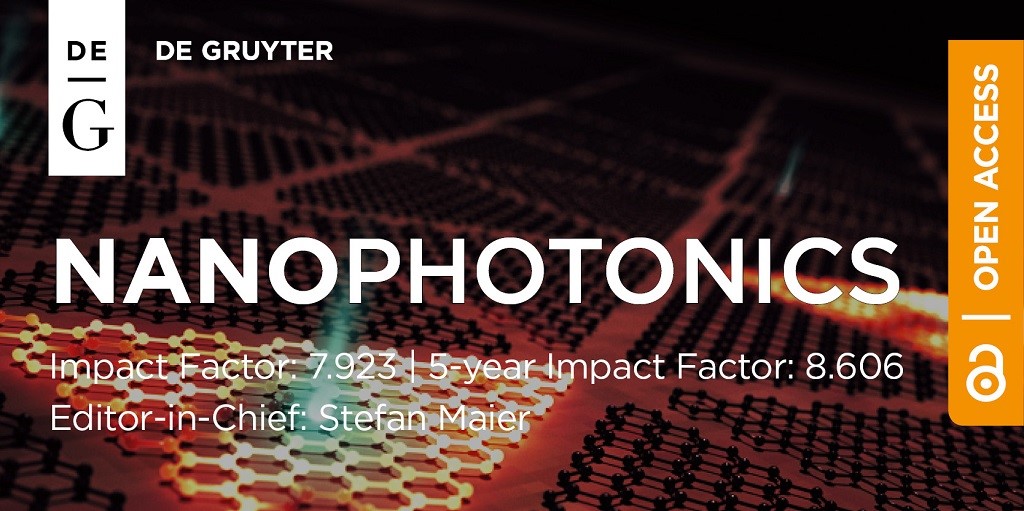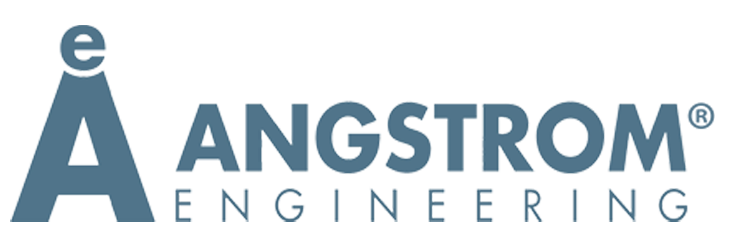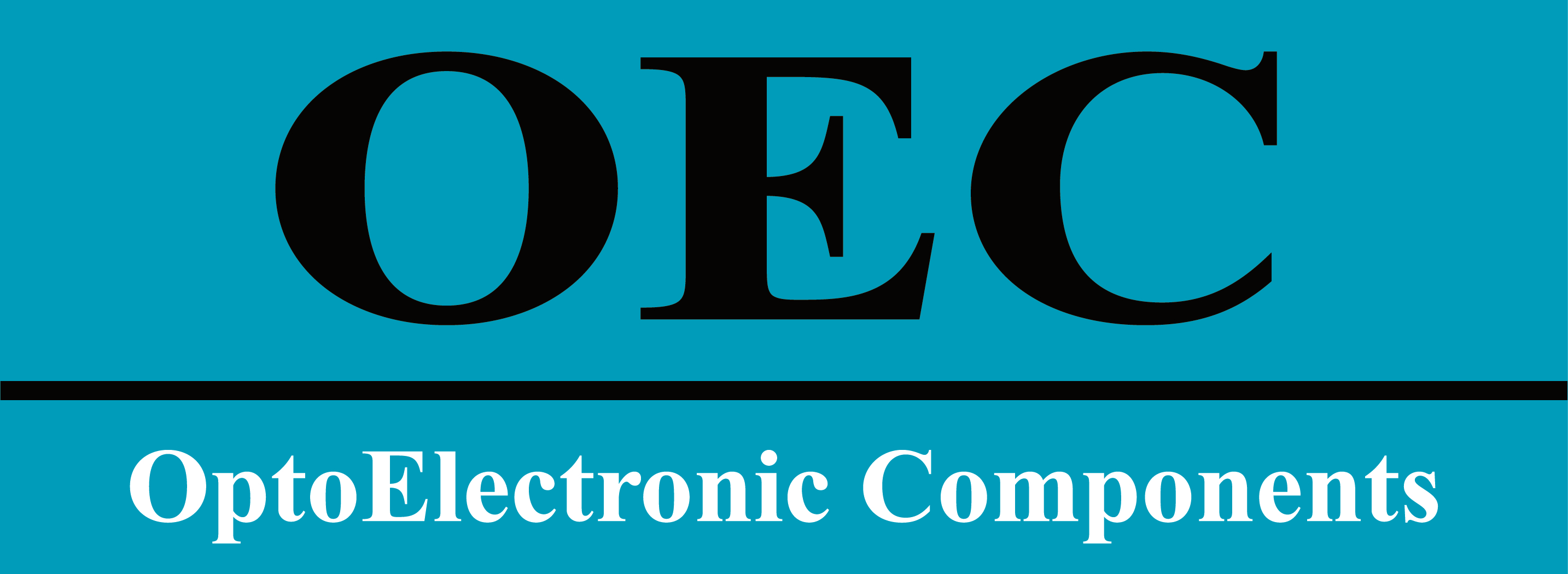Research in nanophotonic materials has, in recent years, expanded beyond noble-metal nanoparticles and semiconductor quantum to include two-dimensional materials, van der Waals heterostructures, perovskites, complex oxides, and many others. At the same time, research has moved beyond linear optical properties to include nonlinear Fano interference, strong coupling, coherent quantum dynamics, and complex excited-state dynamics. These phenomena have the potential to enable a wide range of applications, including photochemistry, sensing, photonics, and quantum information processing. However, significant experimental and theoretical advances must be made before the underlying processes can be unraveled, the factors controlling the processes can be controlled, and the processes can be harnessed in future technologies.
This workshop aims to bring together experimentalists and theorists for a discussion of recent developments and challenges at the cutting edge of current research in nanophotonics. Sessions will focus on synthesis, measurement, and modeling of nanophotonic materials and the novel phenomena that can arise when they are far from equilibrium.
IMPORTANT: Participants should be aware that this workshop runs Sunday through Thursday. The 4th of July lodging rates will go into effect on the night of Thursday the 29th. To avoid the rate increase, you should depart on the evening of the 29th. If your flight out of Montrose does not leave until Friday the 30th, TSRC suggests eating dinner in Telluride on the night of the 29th, taking the shuttle to Montrose after dinner, and staying at the Hampton Inn (970-547-4120) next to the airport. You will receive a discount at the Hampton Inn by saying you are a TSRC scientist.
We wish to ensure an intimate workshop setting, with no more than 20 to 25 participants. If you are interested in attending, but have not received an invitation, please contact the workshop organizer before registering.
Telluride Science is about expanding the frontiers of science, exploring new ideas, and building collaborations. The workshop schedule will allow for substantial unstructured time for participants to talk and think. All participants are expected to stay for the entire duration of the workshop. Scientists are encouraged to consider bringing family or friends. Telluride offers a number of options for children's camps (including Telluride Academy, Aha School for the Arts, and Pinhead Institute). There is more information on childcare, camps, and family activities on Telluride Science's website. Feel free to contact Telluride Science's staff to help with any planning and/or coordinating care.
Telluride Intermediate School
721 West Colorado Avenue
Telluride CO 81435
| Participant | Organization | ||||
| Baldi, Andrea | Vrije Universiteit Amsterdam | ||||
| Belyanin, Alexey | Texas A&M University | ||||
| Bryant, Garnett | NIST | ||||
| Fernandez-Dominguez, Antonio I. | Universidad Autónoma de Madrid | ||||
| Harutyunyan, Hayk | Emory University | ||||
| Hollingsworth, Jennifer | Los Alamos National Laboratory | ||||
| Khurgin, Jacob | Johns Hopkins University | ||||
| Koenderink, Femius | Center for Nanophotonics, AMOLF | ||||
| Manjavacas, Alejandro | University of New Mexico / IO-CSIC | ||||
| Owrutsky, Jeff | Naval Research Laboratory | ||||
| Pelton, Matthew | University of Maryland Baltimore County | ||||
| Sheldon, Matthew | Texas A&M University | ||||
| Sukharev, Maxim | Arizona State University | ||||
| TREGUER-DELAPIERRE, Mona | U.Bordeaux | ||||
| Xiong, Wei | UCSD | ||||
| Yuen-Zhou, Joel | UC San Diego | ||||





